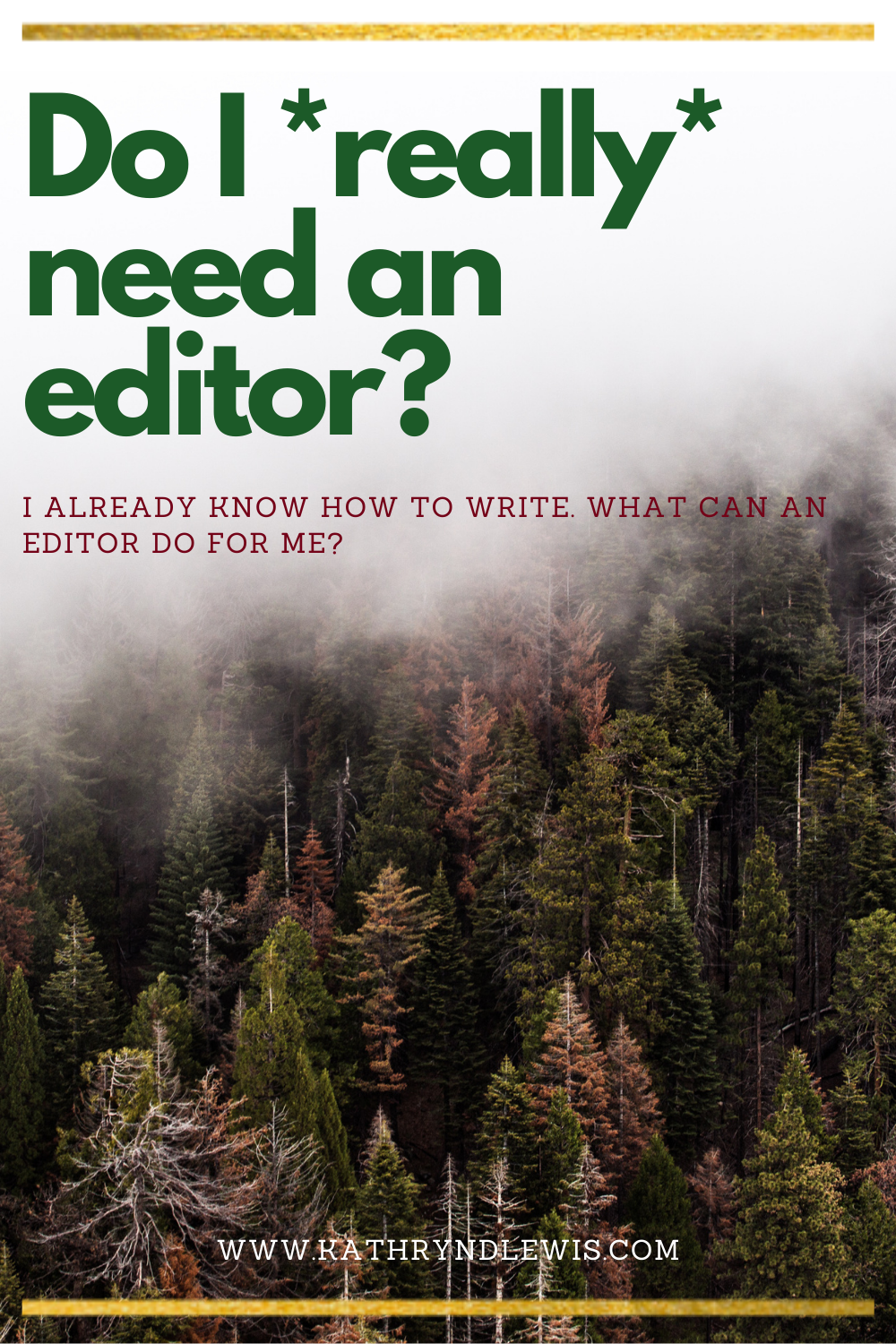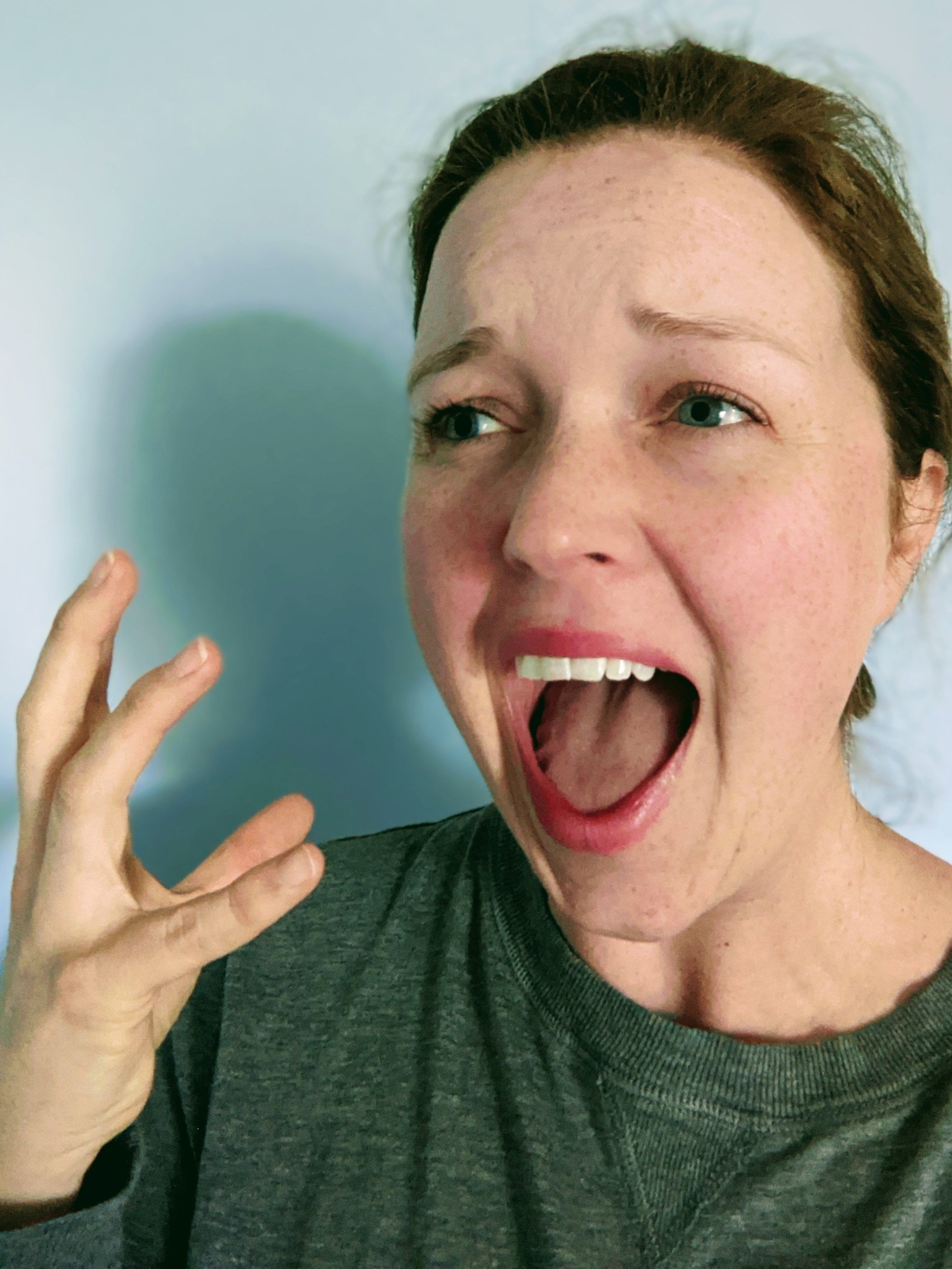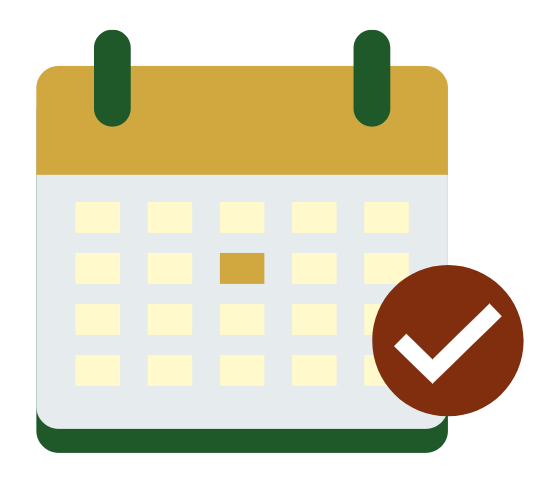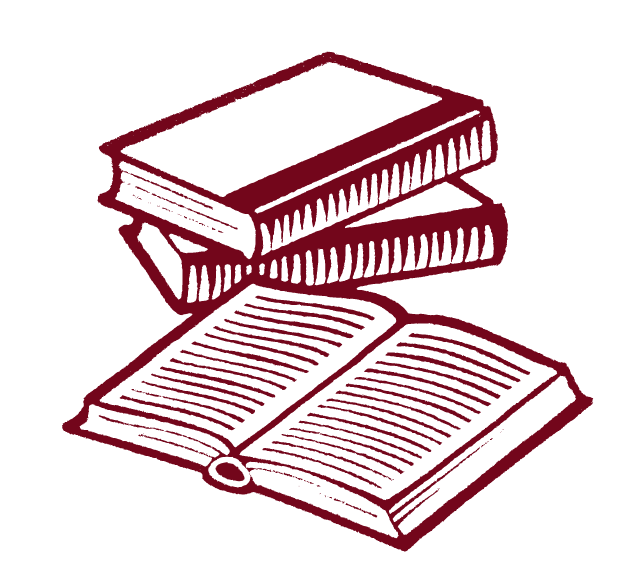I already know how to write. What can an editor do for me?
You’ve been writing for years. Ages, really: from preteen years and on. You’ve got this storytelling thing nailed. Even more than that, you know your comma splices and quotation mark placements. Once you’ve written The End, off you go to draft your query letter and sign with a literary agent. Oprah’s Book Club to follow. Stand by, Hollywood directors; be with you soon.
It can work like this. For some people, this is the path.
I love you, but this probably isn’t your path.
The truth is that as writers, we cannot see the forest for the trees. Like, cannot. I’ve been writing stories and submitting manuscripts for more than a decade, as well as editing some incredible books myself, and let me tell you: I needed a creative writing editor.
Today I’m sharing what my own editor has done for me, + the editing experience for one incredibly talented client of mine.
My editor champions the story.
Both writer and editor want the story to be its very best, and it’s all about setting the right scene and creating dynamic characters so that the plot easily flows.
“Partnership” is a word that means a great deal for me, as both a writer and an editor. Writers and editors should work together on a project; neither one works for the other, even though there’s payment being exchanged.
In an editor, you want someone to help guide you when you need direction and not, well, make you feel bad about your work. Creative work is incredibly tender, and even if your editor tells you 50 incredible things about your manuscript, you will remember her one critique. And oh, how you’ll simmer and stew over it.
“I’d read through my manuscript so many times, I couldn’t approach it with anything but hypercriticism. I decided to get an editor for a fresh set of eyes — hoping she’d convince me the wreck was salvageable. It turned out it wasn’t nearly as bad as I thought. Where I saw failure, my editor saw potential.”
My editor for my current novel talked about her excitement over the plot and her curiosity about the characters. She smiled while talking, emailed words of encouragement, and never once questioned if this was a story that needed to be told. She believes in me and in the work, and that’s precisely what a writer requires.
Creatives so often (maybe always?) suffer from bouts of imposter syndrome, and the very last thing they need is someone scoffing at their work. The creative work is here, it exists, and the editor steps in to shine it up.
My editor pointed out a huge issue that was absolutely causing literary agents to pass on my work.
I’d received a few requests for complete manuscripts in the past, but the literary agents who requested it kept telling me while the premise was engaging, they “didn’t full connect with the plotting.”
The plotting. THE PLOTTING.
I couldn’t for the life of me figure out the difference between the premise and plotting. If you like what the book is purported to be about, wouldn’t you also like how it progresses? Not so, it turns out.
This feedback motivated me to seek out an editor: I knew my story word for word, but I could not figure out the problem.
My editor did an initial 30-page edit, and spotted it right away: a huge, confusing issue that made the book hard to follow. It hadn’t been hard for me to understand, of course, because I’d already ready it 20 million times. But for a new reader, it was a dealbreaker.
A month later, I remain gobsmacked that I wasted years querying agents with a problematic book opening.
“[My editor] identified where my manuscript needed more attention and development and got me back on track — meaning I was able to refocus my writing efforts where they counted most, instead of just rewriting the first page for the thousandth time and slamming my head on my keyboard.”
My editor holds me to deadlines.
Creative writing is a hobby for now because it doesn’t pay the bills. I’ve published a book already, but those royalties scarcely pay for a cup of coffee each month.
And that’s OK! Not for my ego, sure, but in reality, yes! The journey is the destination, and whatever else!
Yet because it’s a hobby, I’m only beholden to myself. Which means I’m working on this blog post right now when I very much should be working on my revisions for her. We’ve agreed upon a deadline, written a contract, and exchanged money.
It. Is. Happening.
Because of the financial investment, my belief in the story, and my editor’s belief in me, I won’t disappoint either of us. I will meet her deadline.
And most importantly:
My editor is a skilled, trained reader/editor.
I’ve had friends read my work in the past, as well as workshopped it with other writers.
It simply isn’t the same as having an editor.
First, and most obviously, my friends only wanted to tell me the good parts. Second, fellow writers really only wanted feedback on their own work. Readers like this are apt to give feedback such as “I liked this part” and “I didn’t understand that part.”
But something that maybe isn’t the most obvious is that editing is simply a different skillset from being a friend or writer. Editors know why something works or doesn’t work. From reading scores of in-progress manuscripts and early drafts, they’re skilled at developing arcs instead of simply reading completed books.
As readers, we can all figure out what we like and dislike. But editors? They’re problem-solvers. An editor helps you construct a hot-air balloon to fly out of the corner into which you’ve painted yourself.
I’m currently booking writers for manuscript edits in 2022. (That means your completed draft would be due to me no earlier than January 2022, so you still have time for last touches!)
Learn more about my freelance editing service and pricing here, and feel free to reach out with questions about how this might look for your specific creative work. I’d love to hear your story.
You might also be interested in:






